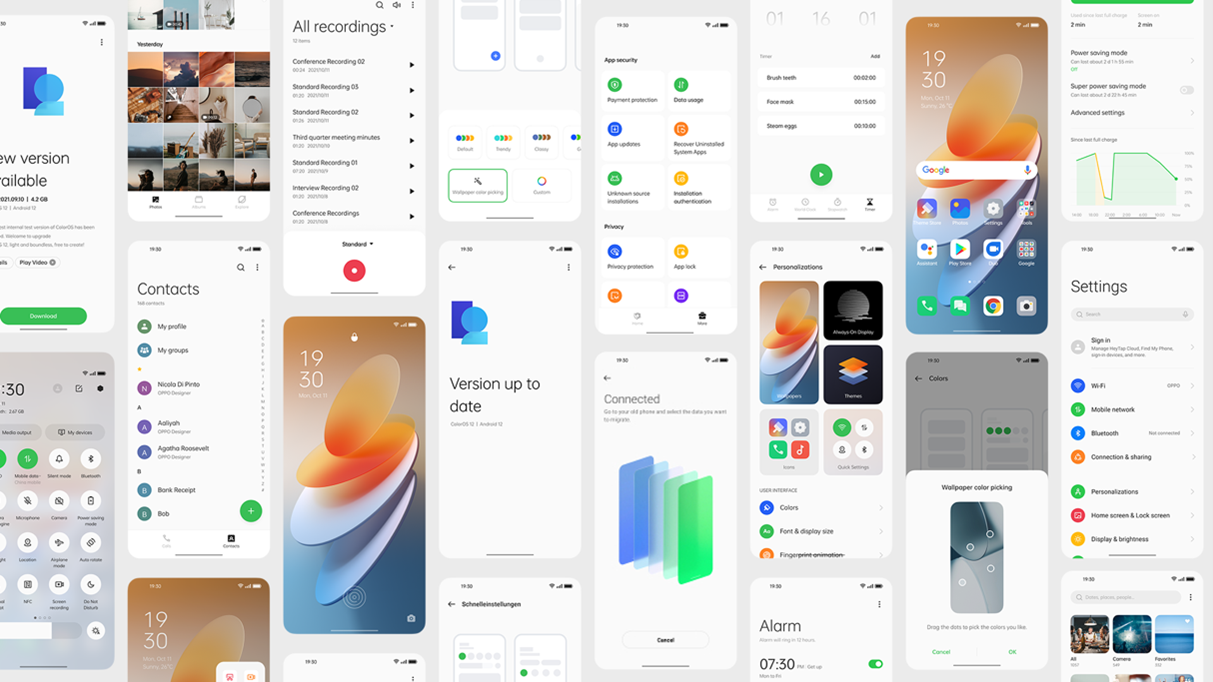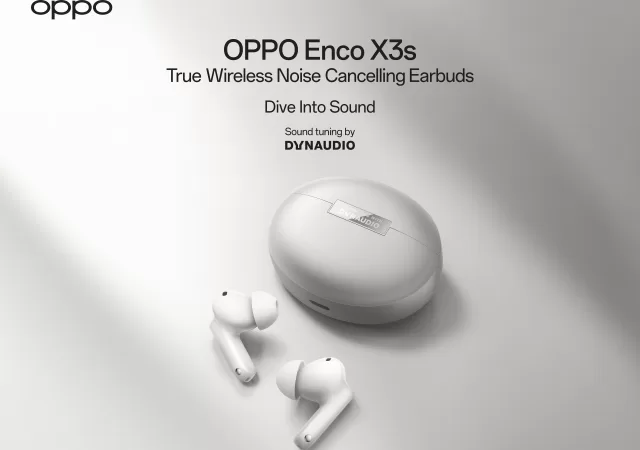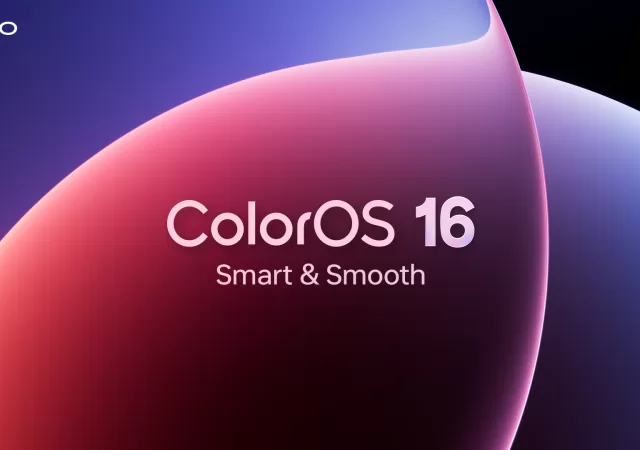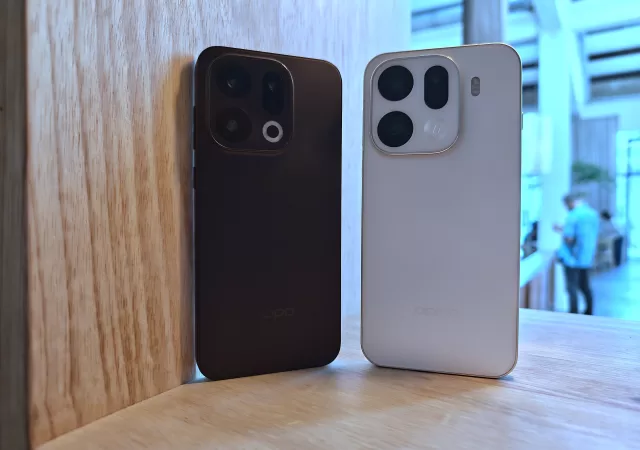OPPO’s ColorOS has always been about customisability and self-expression. The company’s latest iteration: ColorOS 12 is no different but it does take a load off when it comes to OPPO’s visual customizations of the Android OS. OPPO said that the company’s decision to jump from ColorOS8 to 11 to match Android’s version number is a literal alignment of the OS with Android.
ColorOS is maturing as an OS. With ColorOS 12, the company is fine-tuning its approach to be able to adapt to multiple languages and layouts better than ever before. OPPO says the main theme of ColorOS this time around is “Inclusivity” and that changes made to the OS this round were mainly focused on catering to their 440 million users across 68 countries.
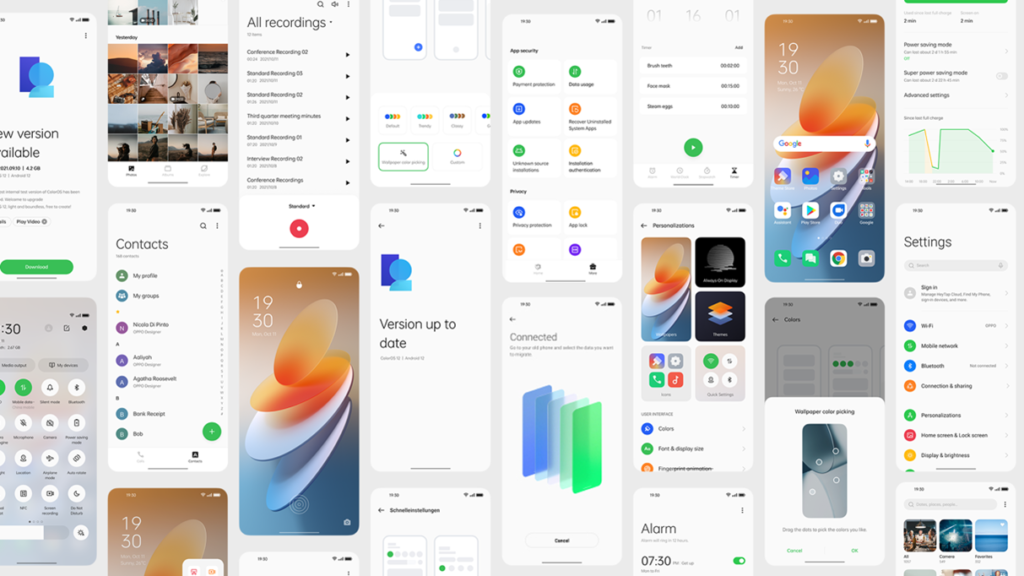
The biggest difference you will see in the approach is a reduction in OPPO apps and the use of many stock Android apps. The company has decided to reduce redundancy in its offerings by using Android’s built-in phone and messaging app and integrating more of Android’s built-in features for the new take on ColorOS. The company has “decoupled” the experience to allow users access to their own apps via an optional download from their app store.
Back to Basics with a Focus on Customization & Usability
However, that doesn’t mean that OPPO is leaving its own features to the wayside. Their approach to the design of the new iteration of ColorOS builds on their Infinite Design concept which carries forward from 11. Visually, the OS looks cleaner with more modern icons. On the backend, OPPO has optimised the OS to use a fraction of the resources it used before. ColorOS 12 sees a reduction of 30% of memory usage and 20% battery consumption – making it the most efficient ColorOS to date.
The efficiency doesn’t come at the cost of personalization. In fact, the latest iteration of ColorOS may be the most customizable yet. OPPO has enhanced customisation with more themes, icons and fonts in its theming engine. In addition, the company has also been working on optimising the OS further to be more intuitive and easier to use.
ColorOS 12 is focusing on the essentials. Instead of focusing on gimmicky features, OPPO has been working on enhancing more usable features like PC connect, FlexDrop and Phone Manager which allow users to have a more seamless experience across multiple devices. OPPO’s approach to providing a more seamless experience between phone and PC brings features like drag and drop, screen mirroring and even seamless file transfer between PC and phone. PC Connect only works with Windows for now.
OPPO is also focusing on device security. The company’s new OS brings Android’s privacy and security features front and centre. The OS makes features like Privacy Dashboard more accessible and comes with a better-optimised experience when to Approximate Location Sharing and Microphone and Camera Indicators. The company is also enhancing the security of their OS with in-house features such as private system, private safe, and app lock.
Open to Developers
OPPO is also committing to be open when it comes to the development of ColorOS. The company is making its camera SDKs openly available to developers moving forward. These SDKs will make some of the company’s best camera features such as Ultra Steady Video Shooting, HDR, and Super Wide-Angle available to developers.
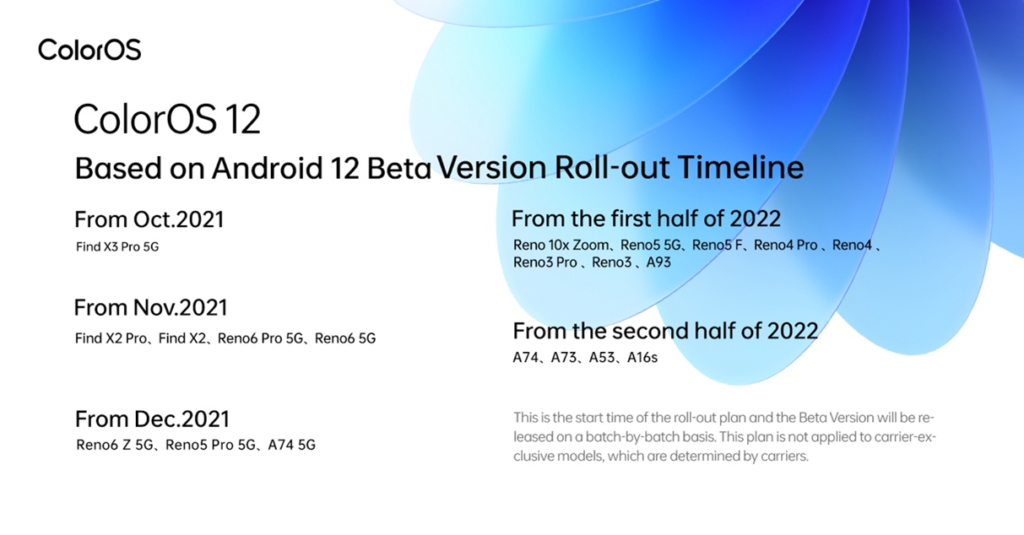
Timely Update Schedule
OPPO is committing to updating its devices consistently moving forward. This applies to devices released from 2019 onwards. Their flagship Find X series will be getting three major Android updates. The mid-range Reno, F- and higher-end A-series devices will be getting two major updates. Lower end devices will be getting a single Android update. According to the company, the single update is due to the lower memory specifications of lower-end A-Series models.
In addition to major updates, OPPO’s Find X series will also be getting four years of security updates. The Reno, F-, and A-series will be updated for three years.



